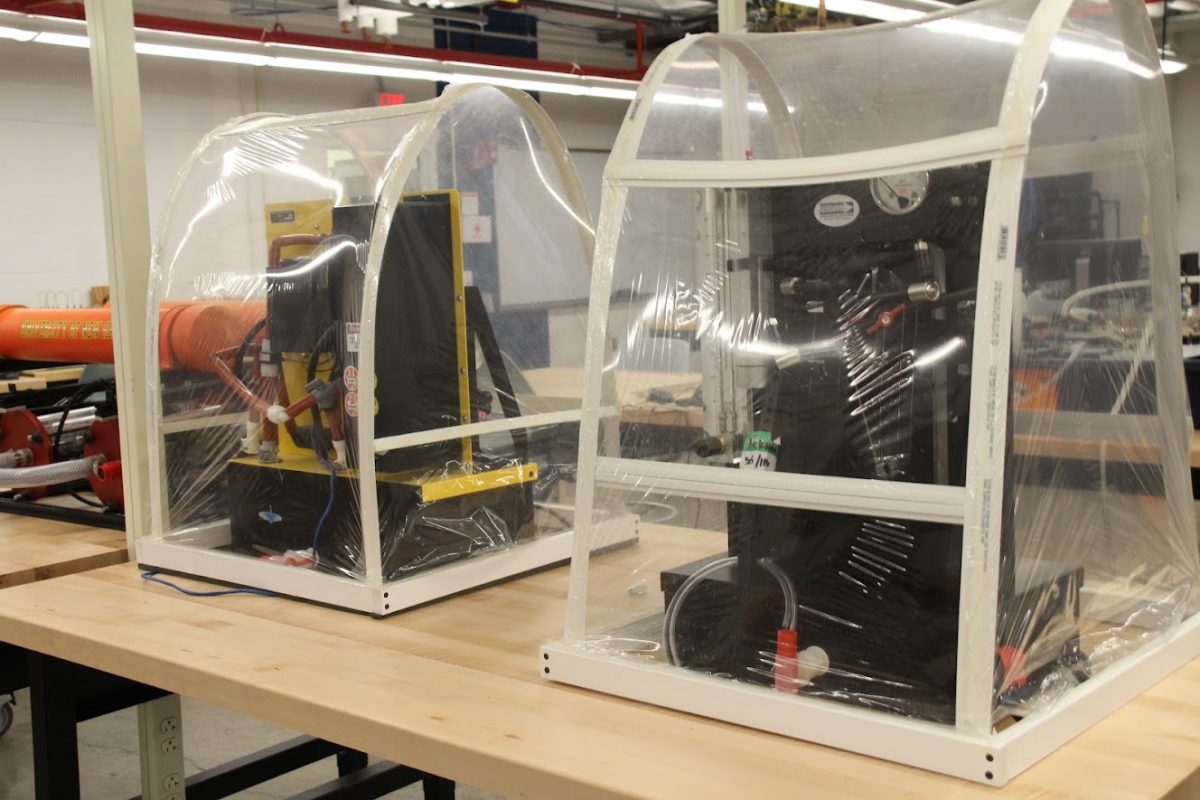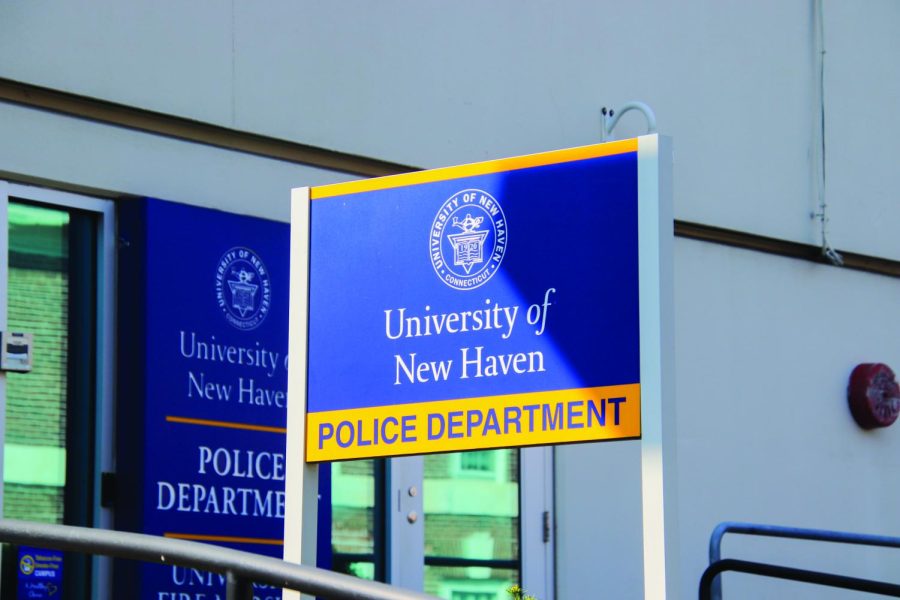Cindy Kern recognizes the difficulties faced by first-year students when it came to Math Zone.

“It was really difficult to transition from a high school environment where you have a very structured math experience to an experience where [the students] felt they were on their own,” said the new interim coordinator.
Since beginning in the Fall semester, Math Zone has received negative reviews from many students. The program is designed to be a non-traditional approach to mathematics that allows students to learn at their own pace. However, several freshmen expressed they were not receiving the adequate help they needed to complete the course in a timely manner.
Therefore, going into the Spring semester, Kern, the Math Zone instructors and tutors worked to implement improvements and changes to better cater to student needs.
One main concern was the lack of one-on-one interaction in the classroom between students and teachers. In response, a mandatory lecture has been added to supplement the online portion of the course. Students are required to attend a lecture for one hour, one day a week, where they can meet and learn from a professor. The professors discuss specific content, answer students’ questions, as well as monitor their progress so they do not fall behind.
Getting more information out to the students in terms of their progress was also a big priority for the Math Zone. According to Kern, the Math Zone has developed pacing calendars designed for students to monitor where they should be within a given course throughout the semester. So far, the calendars are available in print form, and will soon be available online.
The North Hall Math Zone headquarters is also receiving improvements. Several students, Kern said, find it difficult to take tests and exams when there is noise from other test takers, students and tutors around them. Now, Kern is working with facilities to create a quiet testing room; six to eight computers will be set aside within the new room, and students can take their tests in a calm environment.
Mathematics faculty member Harvey Paulin is also fostering a classroom environment by making YouTube videos for each section of the M103 course. A YouTube review zone within the Math Zone is in the works, where students can plug in headphones and listen to the online lectures on specific sections. So far, only the M103 course is fully available for students to access, but other courses and sections are in the process of being added.
As a former high school science teacher for 16 years, Kern holds a PhD in science education and has expertise in blended online and face-to-face learning environments. She hopes with the new changes, students will see Math Zone as a social environment where they can seek the help they need.
“These people [tutors in the Math Zone] care…I have watched them bend over backwards to try to make sure that if you’re in here, you get the help you need to move onto the next level,” Kern said.
Kern will be serving as the interim director of the Math Zone until June, or until the university finds an applicant to permanently fill the position. Until then, Kern’s advice to students in the program comes in three easy tips:
1. Treat math like a gym membership. Finding a Math Zone buddy will make you more inclined to do their required class hours on a regular basis.
2. Set a goal and stick to it.
3. Find a tutor and time that works for you to get the help you need.
Professor Paulin’s Math Zone videos can be found on YouTube by typing in unh_math_zone.
















